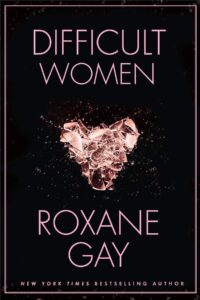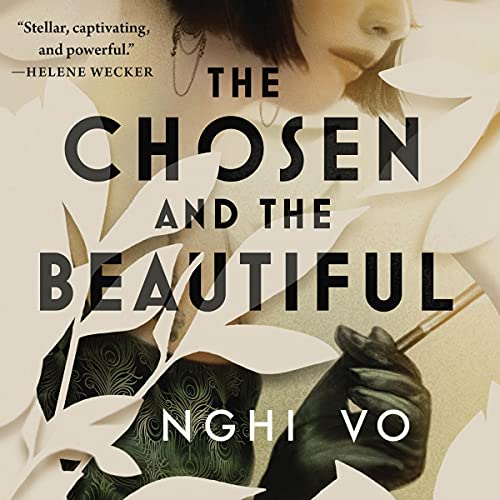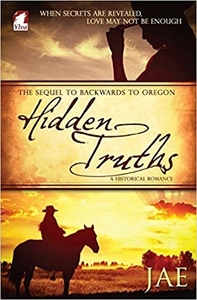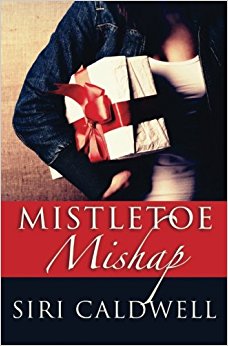This is a fascinating collection of stories about messy, flawed people. This book definitely challenged me to think about how I “relate” to characters that are not meant to be particularly good people. Specifically, women who aren’t written as likable.
The women in these stories aren’t broken down into simple saints and sinners. They’re just imperfect human beings. No one is good or bad, they are just, as Eleanor Shellstrop would put it, medium people. I appreciated the boundaries Gay pushes in how we think and relate to women and female characters.
In “Water, All Its Weight,” the story follows a woman named Bianca who at first appearance seems what the world considers normal. Soon though, it showcases her life unfolding with a series of rain clouds and water spots that appear to follow her everywhere. This metaphor shows how depression and mental illness make a woman hard to deal with.
The titular story “Difficult Women” takes on a taxonomical approach. Gay lays out the various types of difficult women that exist, from Loose Women and who they look up to — “never her mother” — to Frigid Women and how they became that way. Each category unveils the constant impossible dichotomies expected of women.
“Baby Arm,” tells the story of a woman who seems to take joy and pleasure out of pain, a topic often considered taboo. But Gay tells it in such a mundane way, it makes scenes like rough sex and fight club sound like a Tuesday night grocery run. What’s most interesting though is that the main character never reveals her name, but her two lovers, a man named Gus and a woman named Tate, do. There’s a sort of self-dehumanization that happens with a character who gets off on violence and inappropriate behavior.
In a collection of stories about women told from the perspective of women characters, “Requiem for a Heart” stands out. It’s the story of a stone thrower who takes on a glass wife and has glass children. Everything about their lives is told from his perspective, emphasizing how the male gaze often shapes the narrative of a woman’s life. In this story, the stone thrower is also portrayed as having a mistress, a flesh and blood woman who he handles more recklessly. Although he loves his glass wife, with her he has to be more careful and sees everything. It shows how no matter how “perfect” a woman may be, she will still be held responsible for his careless behavior, as it’s this perceived fragility that makes the man turn his desires toward another.
Not every story in this collection features sapphic or queer characters, but several do. Although, it’s hard to say when none of the characters ever plainly state their sexuality, as that is not the point in these stories. But even when it’s not the focus, there are hints of sapphic desire from a few of the women in these stories, like in “In the Event of My Father’s Death,” where the main character shows admiration for her father’s mistress.
Gay knows how to weave metaphors in a fantastical way that never feels magical or paranormal, but the imagery certainly dips into the genre of speculative fiction. She goes back and forth between subtle moments that make you dig for the message and blatantly shouts, “Yes, this is a feminist story!”
If you’re interested in more of Roxane Gay’s writing, you can also check out Danika’s review and my review of her memoir Hunger: A Memoir of (My) Body.




